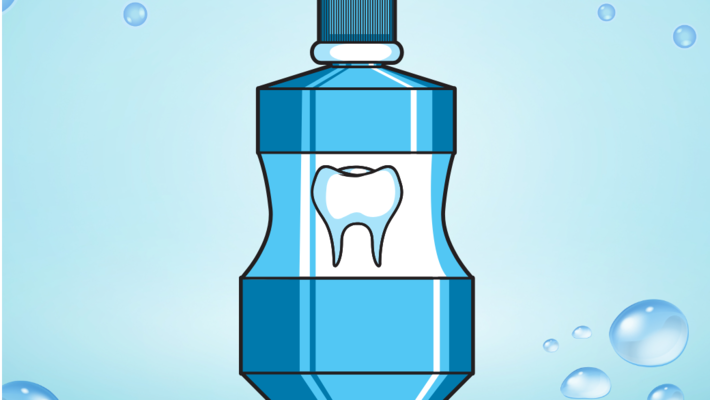be careful! Using "mouthwash" incorrectly risks damaging your mouth.
Health News
19 Oct 2023
views
be careful! Using "mouthwash" incorrectly risks damaging your mouth.
- Cleaning your mouth and teeth is a daily routine that should not be overlooked. Besides brushing your teeth and using dental floss to keep your teeth clean, mouthwash is another option that many consumers prefer. They believe it can freshen their breath, inhibit plaque formation, and maintain oral health. However, not everyone uses mouthwash correctly, which can pose risks to their future health.
- Do not use mouthwash as a substitute for brushing your teeth. Using mouthwash is only a temporary way to freshen your breath, but it does not remove bacteria, food particles, and other debris that can still be present in your mouth, including on your cheeks, tongue, and other areas. Therefore, you should use mouthwash as an additional step after brushing your teeth.
- Mouthwash cannot treat various oral health issues. Some people may use mouthwash to rinse areas of their gums or teeth with the hope of reducing gum inflammation or treating dental caries. However, mouthwash alone cannot address these issues effectively. It's crucial to consult a dentist if you experience gum swelling, dental caries, oral ulcers, or other problems within your oral cavity.
- Excessive use of mouthwash can have adverse effects. Using mouthwash too frequently can destroy beneficial bacteria in your mouth and potentially lead to fungal infections in the future. Additionally, it may make it easier for dental calculus to accumulate, alter your taste buds, and even change the color of your teeth.
- Mouthwash containing alcohol may cause irritation. People who are sensitive or allergic to alcohol may experience a burning or stinging sensation when using mouthwash that contains alcohol. If you have alcohol sensitivity or allergies, consider using an alcohol-free mouthwash as an alternative.
Mouthwash can leave your mouth feeling fresh, but it does not treat diseases or abnormalities in your oral cavity. If you have gum inflammation, dental caries, oral ulcers, or any other concerns, it's essential to consult a dentist for proper diagnosis and treatment. Regular dental check-ups every 6 months are also recommended to maintain oral health.
Follow Our Social Network


